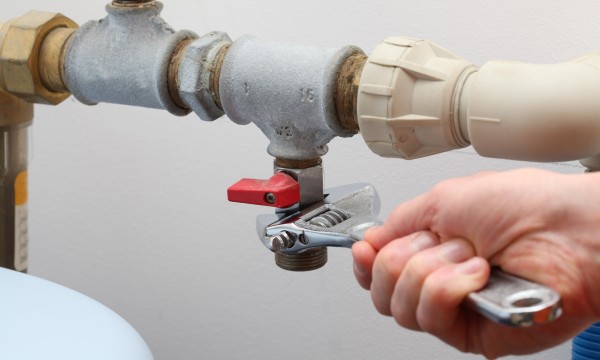Handling the Most Prevalent Heater Urgent Issues
Handling the Most Prevalent Heater Urgent Issues
Blog Article
What are your thoughts regarding Common Hot Water Heater Problems?

A hot water heater is just one of the most important basic devices that can be located in a home. With hot water heater, you do not require to experience the anxiety of heating water by hand each time there is a demand to take a bath, wash, or the meals. There is always an opportunity that your water heater would act up as with a lot of mechanical tools.
It is important to note any type of little breakdown and also tackle it quickly before things leave hand. A lot of times, your water heater starts to malfunction when there is an accumulation of debris as a result of continuous usage. As a preventative measure, routine flushing of your hot water heater is recommended to stop sediment buildup and avoid practical failing.
Common hot water heater emergencies and just how to take care of them
Too little warm water
Managing a not enough supply of warm water can be irritating. It may be that the water heater can't sustain the warm water need for your house. To deal with this problem, you can try to adjust your heater's temperature level dial and also wait for a few minutes. You can ask for the aid of a specialist plumber if the trouble lingers. You might update your water heater to one with a bigger capacity.
Changing water temperature.
Your water heating system can start creating water of various temperature levels usually ice cold or scalding hot. There may be a requirement to change either the thermostat or the home heating system of your water heater.
Dripping water heater tank.
A dripping tank could be an indicator of deterioration. It might cause damage to the floor, wall as well as electrical tools around it. You can also be at threat of having your apartment or condo swamped. In this situation, you should shut off your hot water heater, allow it to cool off, and meticulously look for the resource of the problem. Sometimes, all you require to do is to tighten a few screws or pipeline connections in cases of minor leakages. If this doesn't work as well as the leakage lingers, you might require to utilize the solutions of a technician for a proper replacement.
Stained or smelly water
When this happens, you need to understand if the concern is from the water or the storage tank resource. If there is no amusing odor when you run cold water, after that you are particular that it is your water heater that is faulty. The odiferous water can be created by corrosion or the accumulation of bacteria or sediments in the water heater container.
Conclusion
Some property owners ignore little caution and minor faults in their hot water heater device. This only results in further damages and also a possible full malfunction of your device. You must take care of your hot water heater faults as soon as they come near stay clear of even more expenditures and unneeded emergency problems.
With water heating systems, you don't need to go with the anxiety of home heating water manually every time there is a requirement to take a bathroom, do the washing, or the meals. It might be that the water heating system can not support the warm water need for your house. Your water heating unit could begin creating water of various temperatures typically ice scalding or cold hot. If there is no amusing scent when you run chilly water, then you are specific that it is your water heater that is defective. The smelly water can be created by rust or the buildup of microorganisms or debris in the water heating unit storage tank.
Common Water Heater Issues and What You Should Do
What Type of Water Heater Do You Have?
Before we begin it’s first important that you identify the type of water heater you have on your property. There are two main types of water heaters out there: conventional and high efficiency.
Both of these types of products typically use either gas or electricity to heat power. There are also solar water heaters that use a thermal collector on the roof or yard to heat the water.
While these models are not as common, they can cut heating costs in half. In this article, we will focus on conventional and high efficiency.
How Do My Electric and Gas Water Heater Work?
Though they look similar, electric and gas water heaters work very differently. It’s important to know their basic function because often problems can be specific to the heating source.
In the electric model, a thermostat on the side of the machine detects the temperature of the water in the tank. When the temperature needs to rise electricity flows to a heating element suspended in the water.
Gas models also use a thermostat device — typically with a mercury sensor at the tip and an additional sensor called a thermocouple. The thermocouple detects whether the pilot light is on and controls the flow of gas.
When the thermostat drops below the appropriate level gas is released which becomes ignited by the pilot light. The flame heats the bottom of the water tank which causes hot water to rise and cold water to drop.
This natural circulation continues until the water reaches the desired temperature. Then, the thermostat triggers the gas control valve to shut off the flow of gas.
What Are the Most Common Issues and How Do You Fix Them?
https://happyhiller.com/blog/common-water-heater-issues-and-what-you-should-do/

I recently found that blog post on Warning Signs You Need Water Heater Repairs while browsing on the search engines. Sharing is good. One never knows, you may very well be doing someone a favor. I am grateful for your time. Please check our website back soon.
Tap problems? Reach. Report this page